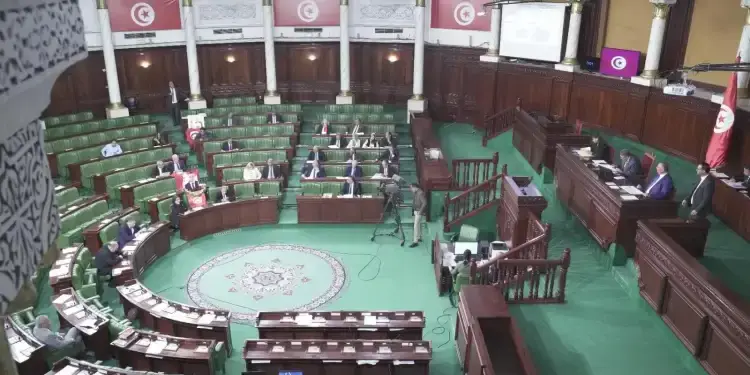The major event of the week in Tunisia is undoubtedly the start, this Tuesday, May 20, 2025, of the plenary session devoted to the examination of bill n ° 16/2025 on employment contracts and the prohibition of subcontracting. This text, initiated by the Presidency of the Republic and examined in committee since mid-March, marks a radical turning point in the country’s social legislative landscape.
At the heart of this reform is the gradual abolition of subcontracting in sensitive sectors such as safety and cleaning, with the obligation for companies to directly hire their staff. The text also imposes a strict supervision of fixed -term contracts (CDD), in order to anchor the indefinite contract (CDI) as a standard, with some clearly defined exceptions.
This initiative arouses lively debates between supporters and detractors. While unions greet a victory against precariousness, employers’ circles are concerned about economic impacts, especially on SMEs.
This text, of which the Commission for Health and Social Affairs has completed the exam and introduced several amendments at the end of last week, will also be the subject of new proposals for modification from several deputies today.
The social scope of this reform also mobilized the street: several dozen subcontractors gathered before the Parliament to express their support for the bill, reports Mosaique FM.
The plenary session began this Tuesday morning, in the presence of the Minister of Social Affairs, Issam Lahmar, who was yesterday at the Palais de Carthage.
Recall that text n ° 16/2025 aims to prohibit the subcontracting of the workforce in certain sectors and to drastically restrict the use of fixed-term contracts (CDD). It was filed on March 14 to be examined in committee by deputies of health and social affairs. Adopted in committee on May 16, he is now in plenary session for a decisive vote.
At the heart of this project is the outright ban on subcontracting in the safety and cleaning sectors. Businesses will now have to hire their staff directly in these areas, without going through intermediate companies.
This text, which arouses the concern of employers’ environments, provides, in the event of an offense, a fine of 10,000 dinars and prison terms ranging from 3 to 6 months in the event of a recurrence. He also intends to make the indefinite contract (CDI) the standard.
The use of the CDD would only be possible in three exceptional cases: seasonal jobs (especially in agriculture and tourism), the temporary replacement of an absent employee, or the peaks of temporary activity. The trial period would also be framed: limited to six months, with a single possibility of renewal.








